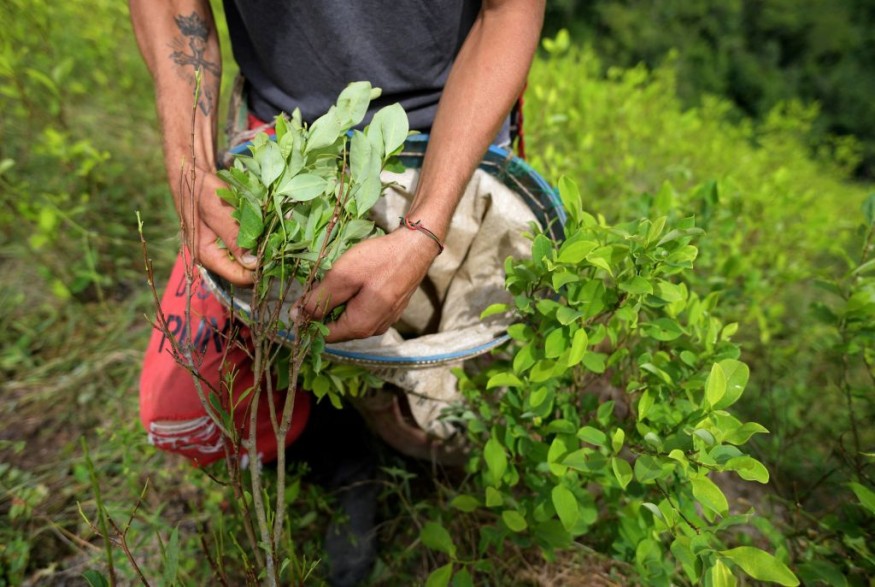Cocaine Legalization in Colombia Gets Scrapped by Leftist Government

The new leftist government of Colombia said it was planning an overhaul of the policy concerning illegal drugs but said this will not include legalizing cocaine.
The war on drugs in Colombia is taking a different turn, with a new leftist government now in charge. While the country is at the frontline in the war on drugs, it is now reconsidering to overhaul its approach to the production of illegal drugs within its borders.
According to the Washington Post, Colombia is the largest producer of cocaine in the world. About 90 percent of drugs seized in the United States come from Colombia.
However, the new government under leftist President Gustavo Petro is proposing an end to prohibition. Rather than simply going after addicts and the farmers who grow coca, the crop used to make cocaine, Justice Minister Nestor Osuna told reporters that police will be dedicating their time more to pursuing the drug cartels and money launderers.
Osuna noted that cocaine will continue to be illegal in Colombia, though they can grant special permits to farmers who grow coca for medicinal purposes. He maintained that police will focus on going after the gangs who sell these drugs rather than the farmers and the users.
Colombia's New Police Chief Boosts Efforts to Persuade Farmers to Stop Planting Coca
A local newspaper reported Tuesday that the Colombian police had suspended their operations to forcibly eradicate coca fields. However, the comments by Colombia's new police director General Henry Sanabria to Bogota-based newspaper El Tiempo were misreported.
According to the Associated Press, Sanabria was only referring to the suspension of the aerial fumigation of crops, which was already suspended in 2015.
The police noted that they are still manually eradicating the crops. However, the officials are now making efforts to persuade farmers to switch to alternative crops from coca.
Sanabria was only assigned to his position last week and said the police are trying to lessen the impact of anti-narcotics policies on those who "have the least responsibility for drug trafficking."
Rural Development Aims to Stop Colombia Farmers From Growing 'Cocaine' Plants
Henry Sanabria's statements reflect the policies set forth by the new president, Gustavo Petro, who wants to find new ways to fight drug trafficking. It includes placing a greater emphasis on rural development, especially in areas known for growing large quantities of coca plants.
Petro said in his inauguration speech that the "war on drugs has failed." This is a much different approach from previous governments, which set annual targets for the eradication of the crop.
They regularly deployed police and military to remote regions in Colombia to manually get rid of coca plants, including physically pulling them out and using drones and crop dusters to eradicate them.
The Associated Press reported that these methods often led to violent confrontations between the police and farmers.
This article is owned by Latin Post.
Written by: Rick Martin
WATCH: Colombia's First Leftist President Calls for Peace and Unity: 'The War on Drugs Has Failed' - From Guardian News
Subscribe to Latin Post!
Sign up for our free newsletter for the Latest coverage!
















